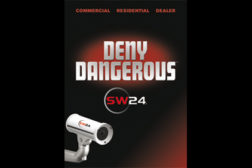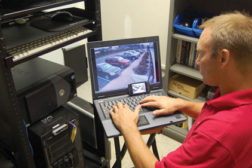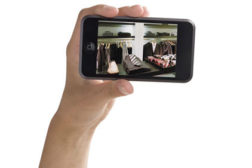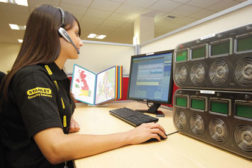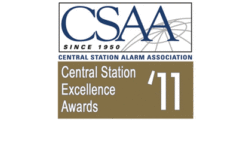Monitoring
Elevating RMR’s Potential
Even in a tight economy, RMR opportunities continue to grow. Some may surprise you, while others are new twists on existing opportunities. The overall consensus? RMR opportunities can be found everywhere.
September 14, 2011
Who’s Hosting Video Services?
Wholesale central stations commonly offer video monitoring today — but with relatively low demand, many have not moved into hosted video yet.
September 14, 2011
Researching AIREF
The Alarm Industry Research & Educational Foundation serves as the research arm of the electronic life safety, security and systems industry, but what exactly does it do and how can the industry benefit from its projects?
September 12, 2011
Anthropomorphizing Alarms
Verification technologies, such as audio and video, lend sound and sight to traditional alarm systems and offer a way for security dealers to develop positive relationships with law enforcement and customers.
September 12, 2011
Relentless Growth
SDM profiles the recipients of the sixth annual CSAA Excellence Awards.
August 15, 2011
Be in the forefront of security intelligence when you receive SDM.
Join over 10,000+ professionals when you subscribe today.
SIGN UP TODAY!Copyright ©2025. All Rights Reserved BNP Media.
Design, CMS, Hosting & Web Development :: ePublishing
